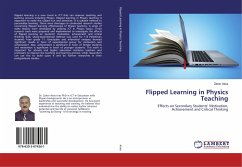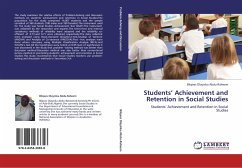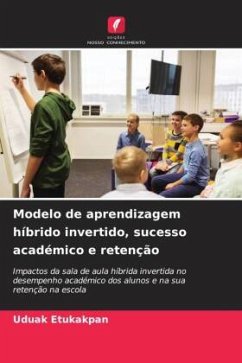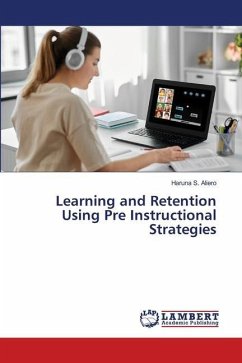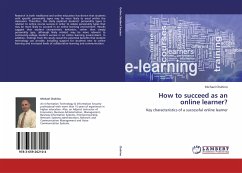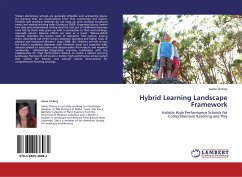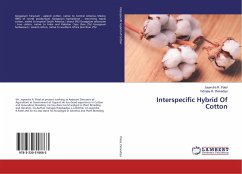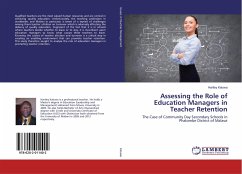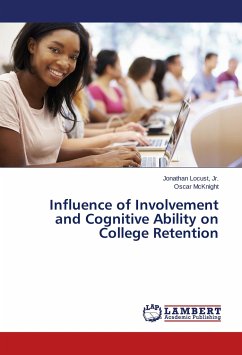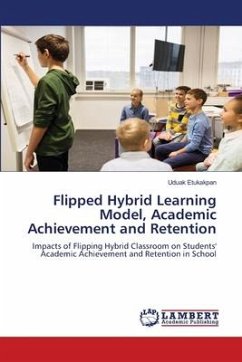
Flipped Hybrid Learning Model, Academic Achievement and Retention
Impacts of Flipping Hybrid Classroom on Students' Academic Achievement and Retention in School
Versandkostenfrei!
Versandfertig in 6-10 Tagen
40,99 €
inkl. MwSt.

PAYBACK Punkte
20 °P sammeln!
The study investigated the effect of flipped hybrid learning model on academic achievement and retention of students in Physics in Akwa Ibom, Nigeria. Quasi experimental pre-test post-test design was adopted for the study. 8 research questions and 8 null hypotheses were formulated to guide the study. A researcher-made instrument was used for data collection. A sample size of 184 was used. A reliability of 0.73 was obtained which was converted to reliability co-efficient of 0.84. Mean and Standard Deviation were used in answering all the research questions and Analysis of Covariant was used for...
The study investigated the effect of flipped hybrid learning model on academic achievement and retention of students in Physics in Akwa Ibom, Nigeria. Quasi experimental pre-test post-test design was adopted for the study. 8 research questions and 8 null hypotheses were formulated to guide the study. A researcher-made instrument was used for data collection. A sample size of 184 was used. A reliability of 0.73 was obtained which was converted to reliability co-efficient of 0.84. Mean and Standard Deviation were used in answering all the research questions and Analysis of Covariant was used for testing the hypotheses at 0.05 significant level. The results obtained show that the use of flipped hybrid learning model enhanced students' academic achievement and retention in physics. The study also showed no significant difference in mean achievement scores based on gender. Students in urban area taught with achieved more than their rural counterpart, performance of male and female students taught with based on cognitive ability level did not differ significantly, male students had a greater mean retention scores than female students. Hence Flipped Hybrid learning enhanced performance.





